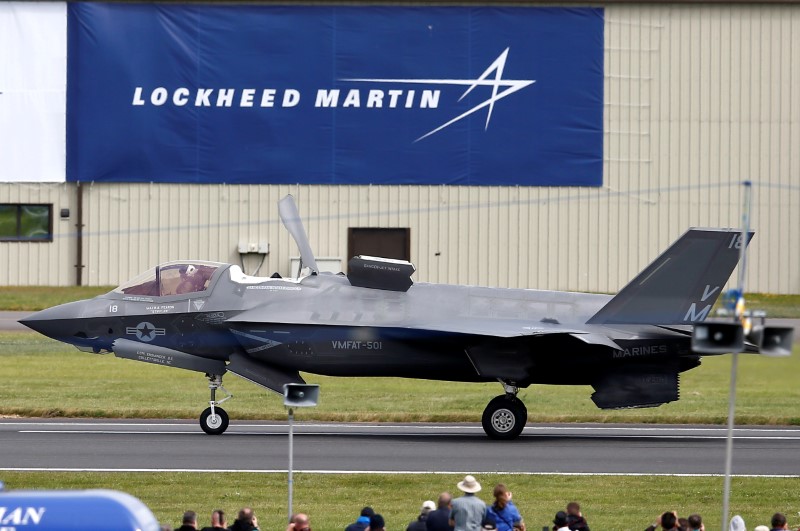© Reuters.
In a surprising move, Lockheed Martin (NYSE:) has chosen not to participate in the KC-135 fleet recapitalization Request for Information, a decision that has caused uncertainty for Airbus and left Capitol Hill aides surprised. The partnership between Lockheed and Airbus was formed in 2018, aiming to propose Airbus’s A330 multi-role tanker transport as a replacement for the U.S. Air Force’s Eisenhower-era KC-135 tankers. This unexpected turn of events might impact Airbus’s two-decade-long efforts to secure its first contract with the U.S. Air Force.
According to InvestingPro, Airbus, also known as EADSY (OTC:), is a prominent player in the Aerospace and defense industry and generally trades with low price volatility. The company holds more cash than debt on its balance sheet and has been profitable over the last twelve months, yielding high returns on invested capital. More about Airbus’s performance can be found on the InvestingPro Tips page.
The KC-135 recapitalization is divided into three tranches. The first tranche was assigned to the Boeing-made KC-46 Pegasus, despite significant issues including on-board video system and boom defects. This assignment led to over $7 billion in losses for Boeing (NYSE:).
The second competition was initially anticipated for 140-160 jets in 2022 but could be downsized to about 75 tankers, which may affect Lockheed’s business case. As a result of this decision, Lockheed is redirecting its resources toward the Next-Generation Air-Refueling System (NGAS) initiative. Lockheed Martin, with a market cap of 111.52B USD and a P/E ratio of 16.34, operates with a high return on assets and has raised its dividend for 21 consecutive years, according to InvestingPro Data.
The third tranche, known as the KC-Z tranche, is scheduled for the 2030s. With Lockheed’s recent decision, its LMXT bid, which would have involved manufacturing in Alabama and Georgia and substantial political capital, has been withdrawn.
This shift in strategy by Lockheed Martin adds another layer of complexity to the ongoing effort to modernize the U.S. Air Force’s tanker fleet. It remains to be seen how these developments will impact the final decision on the fleet recapitalization and what this means for Airbus’s future endeavors within the U.S. military market. For more insights and tips like these, consider exploring the wide range of additional tips available on the InvestingPro platform.
This article was generated with the support of AI and reviewed by an editor. For more information see our T&C.
Read the full article here



